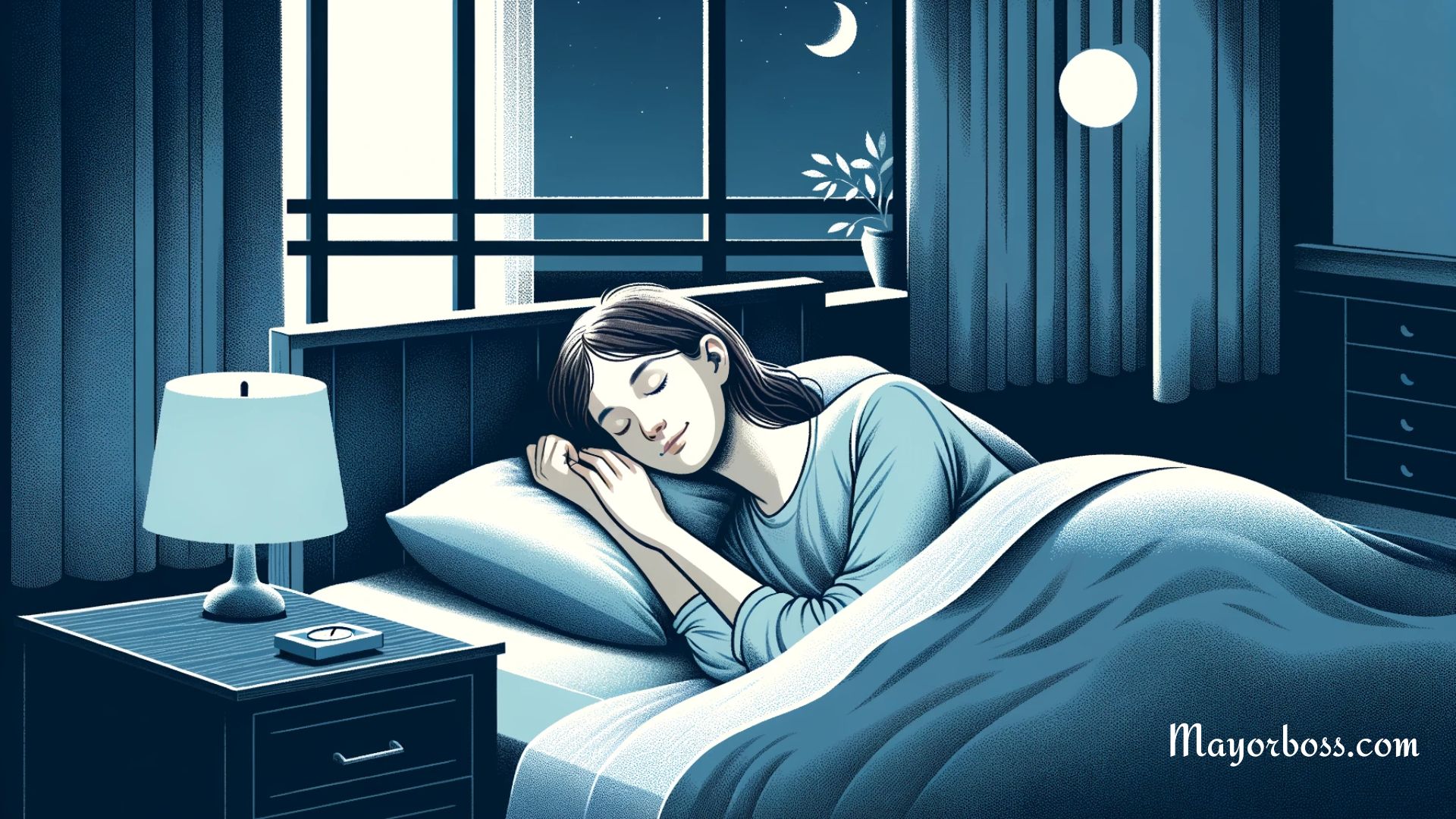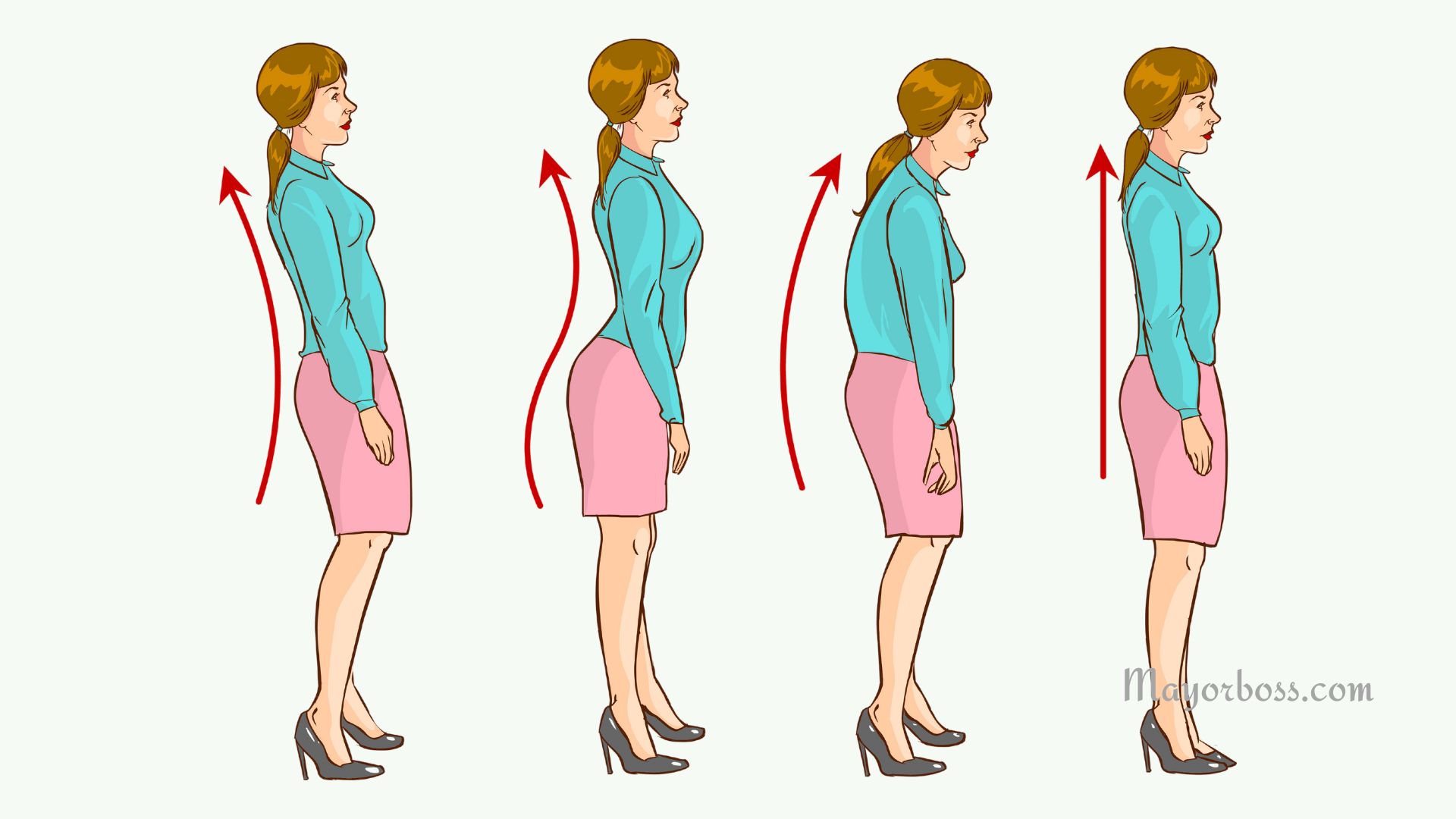Causes of Chest Pain That You Should Know
Chest pain can be a frightening experience, yet it’s important to recognize that not all chest pain is due to a heart attack. I will tell you about some common causes of chest pain you should be aware of. So you can better comprehend your symptoms and seek proper care when needed. By knowing these causes, you can alleviate some of your worries and take action toward your health.
1. Heart-Related Causes
Angina
In particular, the primary symptom of angina is chest pain. Angina is when your heart muscle doesn’t receive enough oxygen-rich blood, often due to narrowed or blocked coronary arteries. It typically feels like pressure or squeezing in the center of your chest. In most cases, the pain may spread to the arms, neck, jaw, stomach, or back.
Some people can even experience shortness of breath or fatigue. But bear in mind while it’s not a heart attack, it may indicate an increased risk for one in the future.
Heart Attack
A heart attack is a serious medical emergency caused by a blockage in one or more coronary arteries, preventing blood flow to the heart muscle. The pain can be similar to angina, but it’s usually more severe and lasts longer. It’s often described as a crushing, tight, or heavy sensation. And may also be accompanied by nausea, sweating, and dizziness. However, if you suspect a heart attack, seek immediate medical attention.
Further Reading: 8 Signs of a Heart Attack Before It Happens
2. Lung-Related Causes
Pneumonia
Pneumonia is an infection that inflames the air sacs (alveoli) in one or both of your lungs. It can cause chest pain, especially when coughing or taking deep breaths. Other symptoms include fever, chills, and shortness of breath. Pneumonia requires medical treatment, so consult your doctor if you suspect you have it.
Pleurisy
Pleurisy is when the lining of the lungs (pleura) becomes inflamed, causing sharp chest pain that worsens when you breathe, cough, or sneeze. Experts believe it may result from a viral infection, pneumonia, or other lung conditions. Thus it’s essential to seek medical advice for proper treatment.
Pulmonary Embolism
A pulmonary embolism is a term that describes a blood clot that blocks one of the arteries in your lungs. This can cause sudden, sharp chest pain, often accompanied by shortness of breath and rapid heart rate. A pulmonary embolism is a serious medical emergency that demands quick treatment to prevent complications such as lung damage or even death.
3. Gastrointestinal Causes
Acid Reflux
Acid reflux, or gastroesophageal reflux disease (GERD), happens when stomach acid backs up into your esophagus, causing a burning sensation in your chest. This pain can be easily mistaken for heart-related issues, but it’s usually less severe and may be relieved by antacids.
Peptic Ulcer
A peptic ulcer is a sore that develops in the lining of your stomach or the upper part of the small intestine. It can cause sharp, burning pain in your chest, which may worsen when your stomach is empty or after eating certain foods.
3. Musculoskeletal Problems
Costochondritis
Also called chest wall pain syndrome, it is an inflammation of the cartilage connecting your ribs to your breastbone. It can cause sharp, localized chest pain that worsens with movement, cough, or deep breathing. This condition is usually harmless and often improves with rest and over-the-counter pain relievers.
Muscle Strain
Chest muscle strains can result from overexertion or injury and cause pain that is typically felt when moving or stretching the affected area. This type of pain is usually temporary and can be managed with rest and pain relief medications.
5. Psychological Causes
Panic Attack
A panic attack is a sudden episode of intense fear that can cause chest pain, rapid heartbeat, shortness of breath, and a feeling of impending doom. Though not life-threatening, panic attacks can be incredibly distressing.
Anxiety
It’s no secret that chest pain can be a symptom of anxiety. The pain may feel similar to that of a heart attack, but it’s crucial to recognize the difference. Breathing exercises and other relaxation techniques can help manage anxiety-related chest pain.
6. Shingles
Shingles, caused by the same virus responsible for chickenpox, can lead to chest pain if the painful rash develops around the chest or ribcage. In some instances, chest pain may happen before a rash appears.
7. Rib Fracture
A rib fracture, or broken rib, can cause severe chest pain that worsens with deep breaths, coughing, or moving. This type of injury usually results from trauma, such as a fall or a car accident, and requires medical attention to ensure proper healing and pain management.
8. Pericarditis
Put simply. Pericarditis is an inflammation of the pericardium, the protective sac surrounding the heart. This condition can cause sharp, stabbing chest pain that may worsen when lying down to sleep or taking deep breaths. Basically, pericarditis can be caused by infections, autoimmune disorders, or heart surgery.
9. Gallbladder Issues
Gallstones or inflammation of the gallbladder (cholecystitis) can sometimes cause chest pain, especially in the right upper abdomen or below the breastbone. The pain is often severe and occurs suddenly, especially after eating fatty or greasy foods. This pain may be mistaken for heart-related issues but is typically caused by digestive problems.
10. Hiatal Hernia
A hiatal hernia is when the upper part of your stomach bulges through the diaphragm, the muscle separating your chest from your abdomen. This condition can cause chest pain, heartburn, and difficulty swallowing. Hiatal hernias are more common in older individuals and those with obesity. It often requires lifestyle changes or medications to manage symptoms, and in severe cases, surgery may be necessary.
The Takeaway
Chest pain can have multiple causes, some of which are severe and require immediate medical attention, while others are less serious. The key takeaway is to be aware of the potential sources of chest pain, such as heart attack, pneumonia, acid Reflux, muscle strain, anxiety, and other possible triggers. When in doubt, it’s essential to consult a healthcare professional to determine the cause and appropriate course of action. Don’t ignore any chest pain. Always prioritize your health and safety by seeking medical help.






